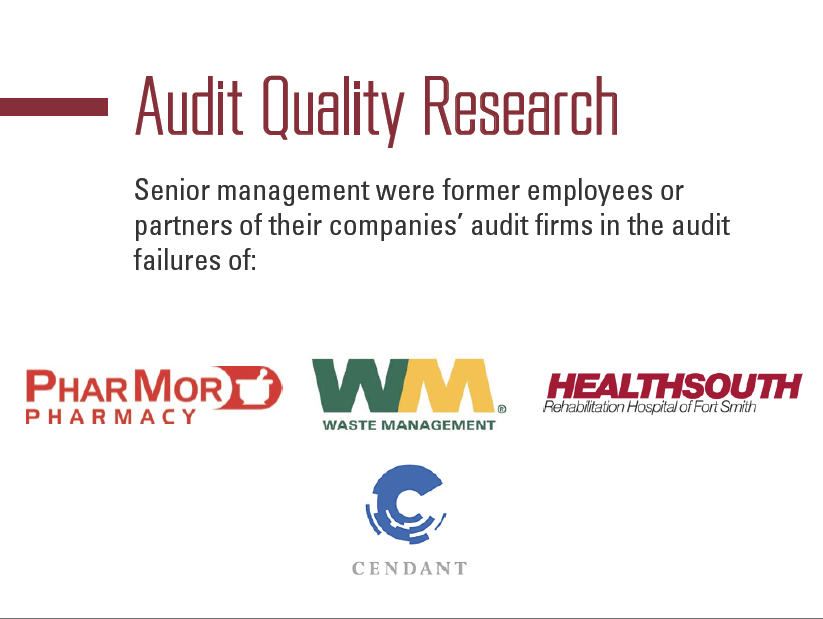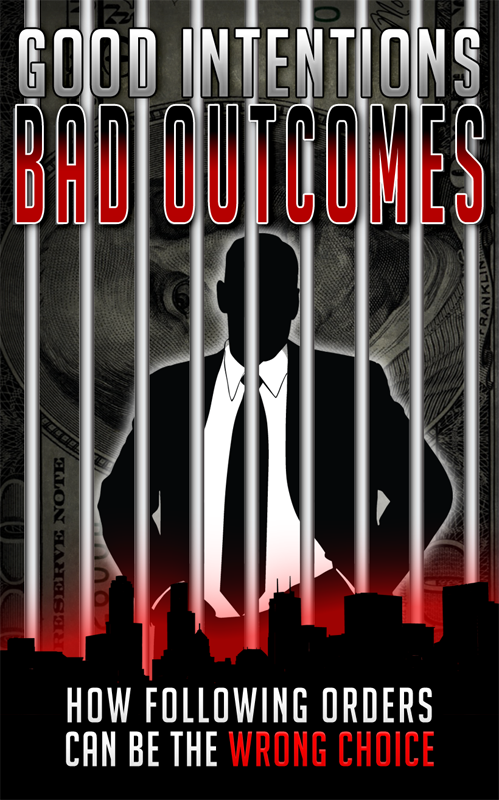Good Intentions, Bad Outcomes: How Following Orders Can be the Wrong Choice
In Harold’s case, employment affiliation with his previous audit firm and Lancelot may have affected Harold’s level of professional skepticism. For example, the Lincoln Savings & Loan vs. Wall case (1990) revealed that Charles Keating offered an annual salary of $930,000 to hire an audit partner who had worked on the Lincoln engagement. The court ruled that auditor independence can be impaired when an auditor accepts an offer of employment from a client.
Over 20 years ago, Deloitte & Touche agreed to pay a $65 million penalty following its audit of Bonneville Pacific due to the fact that several Bonneville executives had previously worked for Deloitte & Touche, and the plaintiffs claimed this impaired the audit firm’s independence (Clikeman, 1996).
Additionally, financial press reports suggest executive-auditor affiliations prevented auditors from discovering fraud in the case of Livent, a Canadian producer of Broadway shows (Beasley et al., 2000). Senior management were former employees or partners of their companies’ audit firms in the audit failures of Cendant, First Executive, Phar-Mor, and Waste Management (Clikeman, 1996; Buckless et al., 2000; Business Week, 2002). It is important to note that all of these cited cases occurred pre-Sarbanes-Oxley (SOX) Act. Post SOX, executives holding accounting or finance positions CANNOT be employed by their company’s audit firm during the year following their participation in the external audit.


